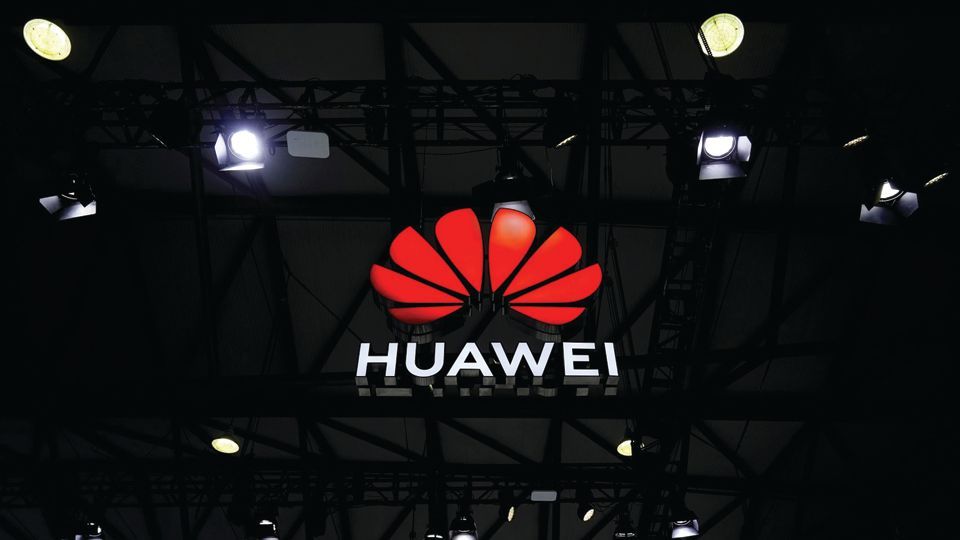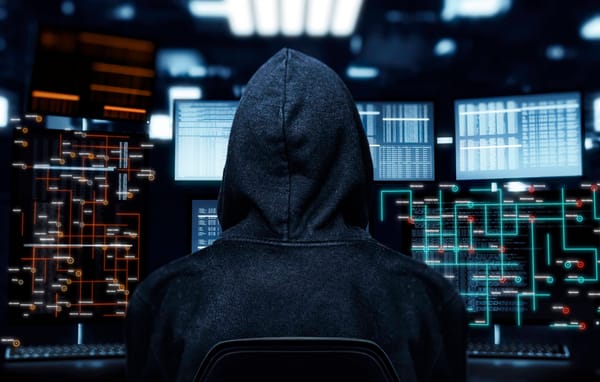FBI destroyed a $100M Chinese government garden made with Huawei equipment that could have disrupted U.S. nuclear arsenal communications

On paper, it looked like a fantastic deal. In 2017, the Chinese government was offering to spend $100 million to build an ornate Chinese garden at the National Arboretum in Washington DC. Complete with temples, pavilions and a 70-foot white pagoda, the project thrilled local officials, who hoped it would attract thousands of tourists every year.
But when US counterintelligence officials began digging into the details, they found numerous red flags. The pagoda, they noted, would have been strategically placed on one of the highest points in Washington DC, just two miles from the US Capitol, a perfect spot for signals intelligence collection, multiple sources familiar with the episode told CNN.
Also alarming was that Chinese officials wanted to build the pagoda with materials shipped to the US in diplomatic pouches, which US Customs officials are barred from examining, the sources said.
Federal officials quietly killed the project before construction was underway. The Wall Street Journal first reported about the security concerns in 2018.
The canceled garden is part of a frenzy of counterintelligence activity by the FBI and other federal agencies focused on what career US security officials say has been a dramatic escalation of Chinese espionage on US soil over the past decade.
Since at least 2017, federal officials have investigated Chinese land purchases near critical infrastructure, shut down a high-profile regional consulate believed by the US government to be a hotbed of Chinese spies and stonewalled what they saw as clear efforts to plant listening devices near sensitive military and government facilities.
Among the most alarming things the FBI uncovered pertains to Chinese-made Huawei equipment atop cell towers near US military bases in the rural Midwest. According to multiple sources familiar with the matter, the FBI determined the equipment was capable of capturing and disrupting highly restricted Defense Department communications, including those used by US Strategic Command, which oversees the country's nuclear weapons.
While broad concerns about Huawei equipment near US military installations have been well known, the existence of this investigation and its findings have never been reported. Its origins stretch back to at least the Obama administration. It was described to CNN by more than a dozen sources, including current and former national security officials, all of whom spoke on condition of anonymity because they were not authorized to speak publicly.
It's unclear if the intelligence community determined whether any data was actually intercepted and sent back to Beijing from these towers. Sources familiar with the issue say that from a technical standpoint, it's incredibly difficult to prove a given package of data was stolen and sent overseas.
The Chinese government strongly denies any efforts to spy on the US. Huawei in a statement to CNN also denied that its equipment is capable of operating in any communications spectrum allocated to the Defense Department.
But multiple sources familiar with the investigation tell CNN that there's no question the Huawei equipment has the ability to intercept not only commercial cell traffic but also the highly restricted airwaves used by the military and disrupt critical US Strategic Command communications, giving the Chinese government a potential window into America's nuclear arsenal.
"This gets into some of the most sensitive things we do," said one former FBI official with knowledge of the investigation. "It would impact our ability for essentially command and control with the nuclear triad. "That goes into the 'BFD' category."
"If it is possible for that to be disrupted, then that is a very bad day," this person added.
Thanks for visiting Our Secret House. Create your free account by signing up or log in to continue reading.





